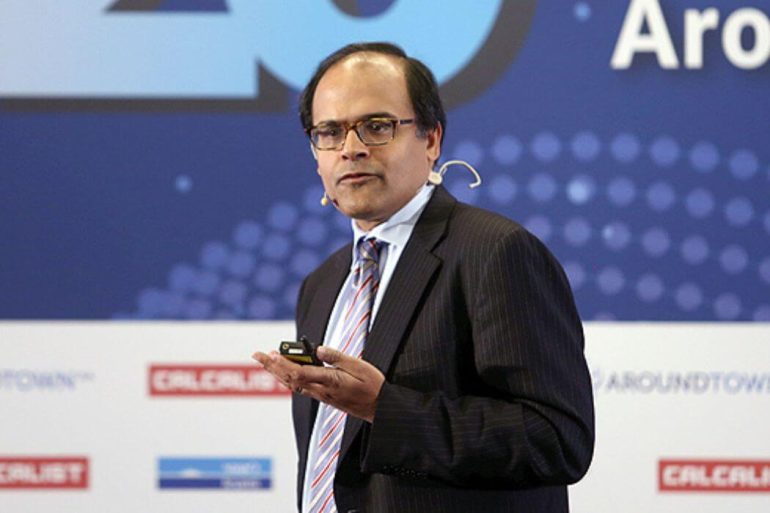Deven Parekh has been a venture capitalist for over twenty years with Insight Partners, investing in multiple different countries through boom and bust.
Parekh and Insight Partners focus most on what he calls growth sustainability: how long a company can maintain its current growth trajectory.
His experiences taught him a lot about what to look for in a company but also what he can do as a VC to bring additional value beyond capital. On the #CIBCInnovationEconomy podcast, Parekh shared what he looks for in investments and why he doesn’t mind “overpaying” for a good deal.
Parekh has invested in software for his entire VC career but has never seen growth quite like during the COVID-19 pandemic. He chalks this growth up to a massive acceleration of companies adopting software, first for working remotely during the depths of the pandemic but now for a hybrid and flexible work future.
To that end, Parekh looks for opportunities at the mid- to growth-stage, where burgeoning software companies are tackling large markets. He also looks for many of the classic things many VCs look for: technological moats, which he defines not necessarily as intellectual property but a solution that’s difficult to replicate; and a high-quality team with passion for the problem they are solving.
“Sometimes people think a moat is just ‘how many lines of code,’” said Parekh. “But that’s not always the case. You can have a lot of lines of code, and not necessarily have it be difficult to replicate. Sometimes it’s the complexity of the code, but oftentimes it’s the complexity of the process that you’re solving and understanding the industry dynamics can be just as important as lines of code.”
When doing a deal, Parekh and Insight Partners focus most on what he calls growth sustainability: how long a company can maintain its current growth trajectory. Because the firm has no set thesis in terms of whether it takes a minority vs. majority stake, or leads investments, growth sustainability is a necessary metric to understand potential.
Parekh said that if a company is growing fast enough, the risk of paying too much is lessened because your buy multiple gets significantly smaller every year. At a fast enough growth pace, there’s far less concern about the sticker price and more about continuing the growth pace.
“When something is growing at a very fast rate, 100 percent or north, you can pay a pretty high price and make that math work because the multiple’s literally halving every year,” said Parekh.
Since growth sustainability is so critical, Parekh doesn’t take it for granted. Not only does he look for investments where high growth sustainability is probable based on team, moat, and overall market conditions, he also works to make it happen by himself. To make that a reality, Insight Partners has a group it calls Insight Onsite, which is an internal think tank that collates best practices and shares them with portfolio companies.
“What they do is they find all the best practices in that area, both inside our portfolio and outside our portfolio,” said Parekh. “And frankly, the things that don’t work.”
Insight Onsite has team members with expertise on every function of a startup, from legal to revenue generation, so founders can move quickly. Parekh also noted that Insight Onsite is where the majority of Insight Partners’ employees are, rather than the investment team, signaling its commitment to helping companies grow.
Feature image courtesy WeTech Berlin 2020.


